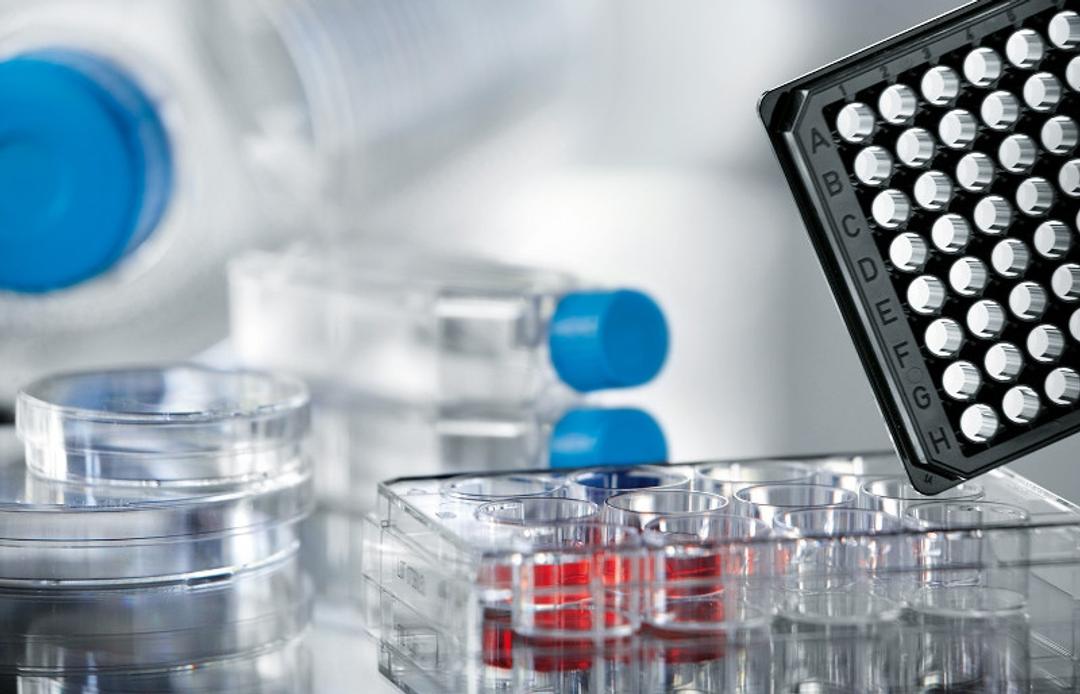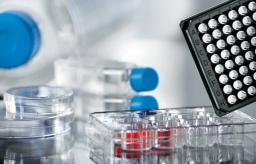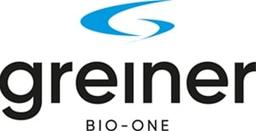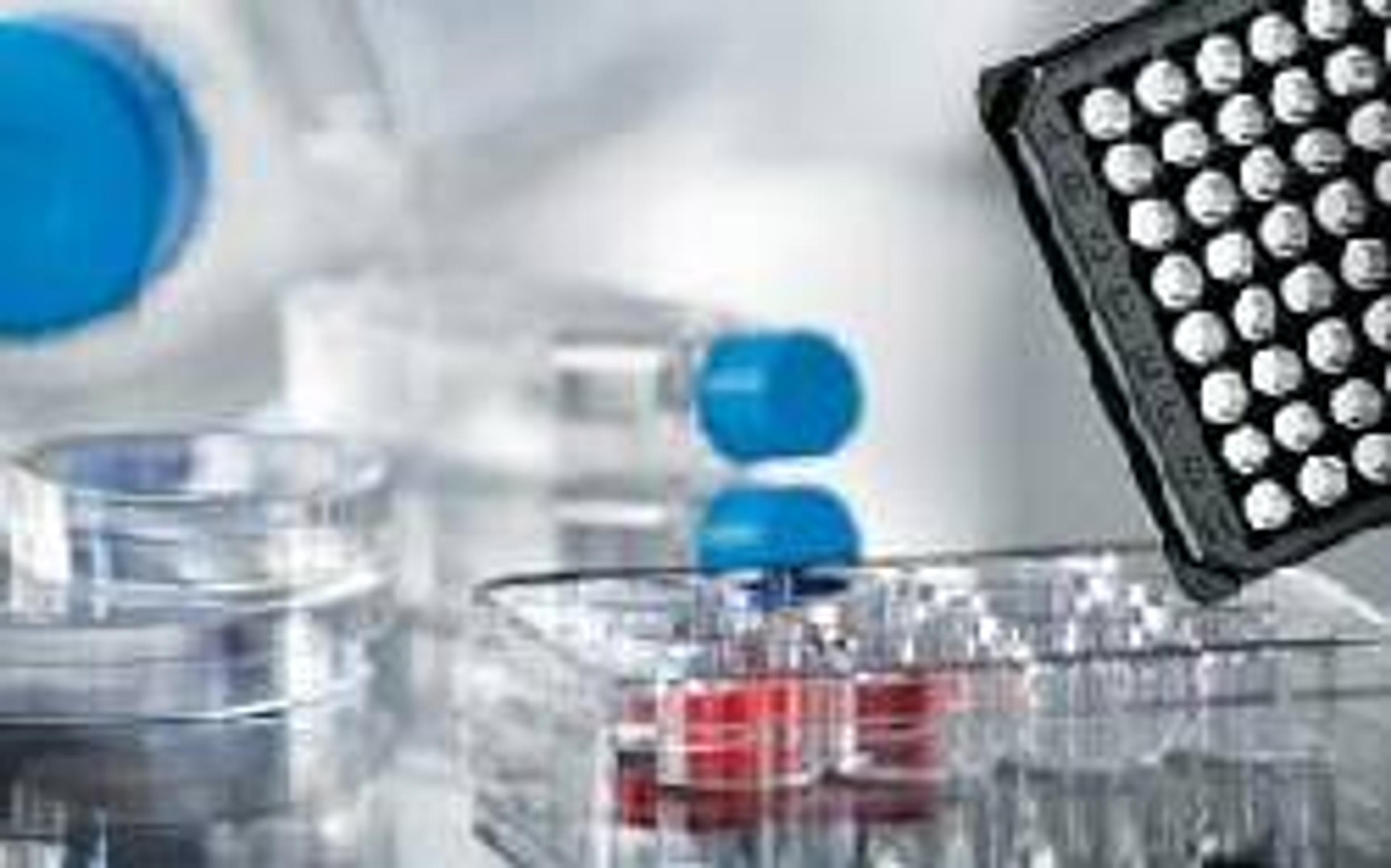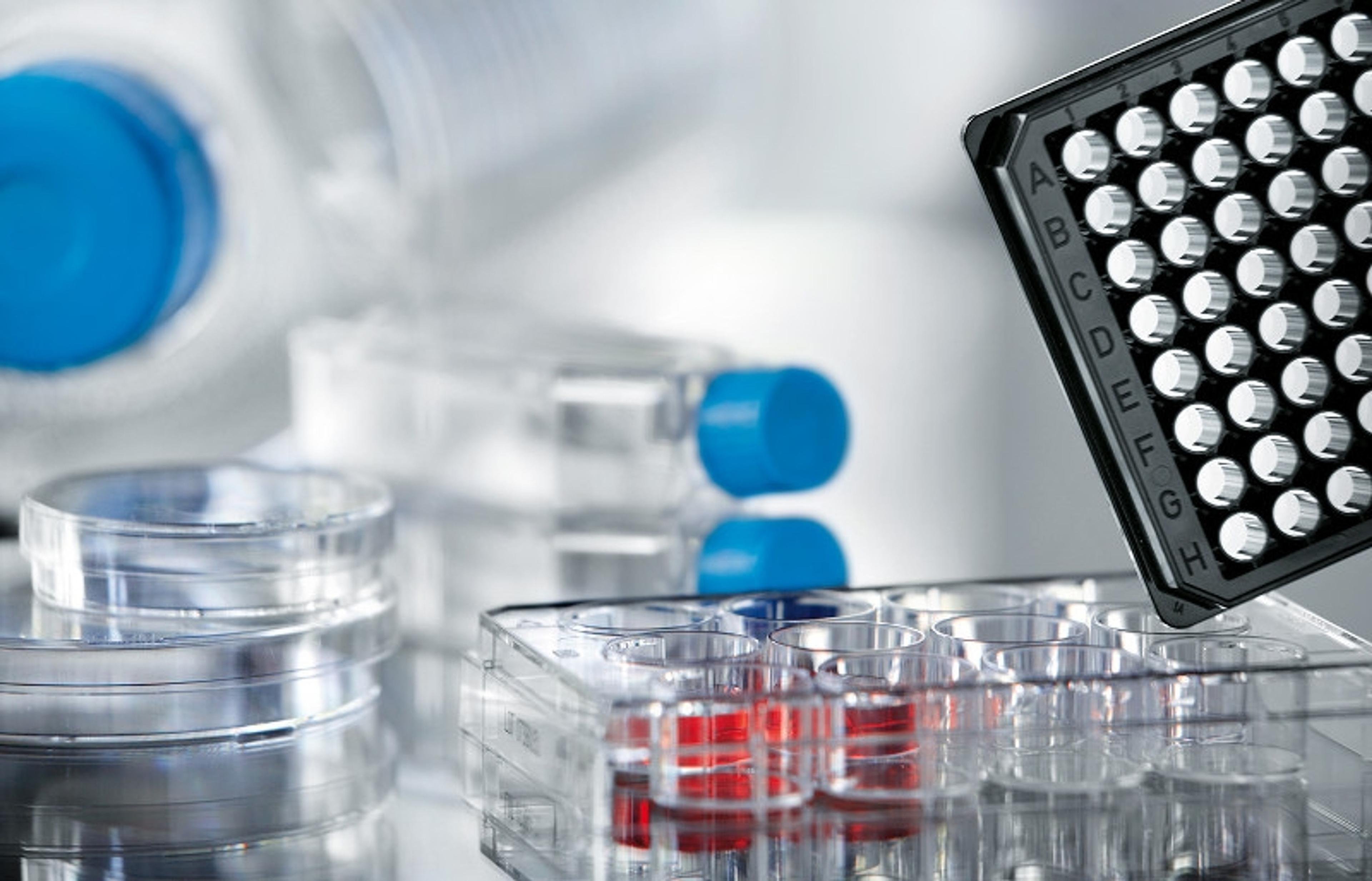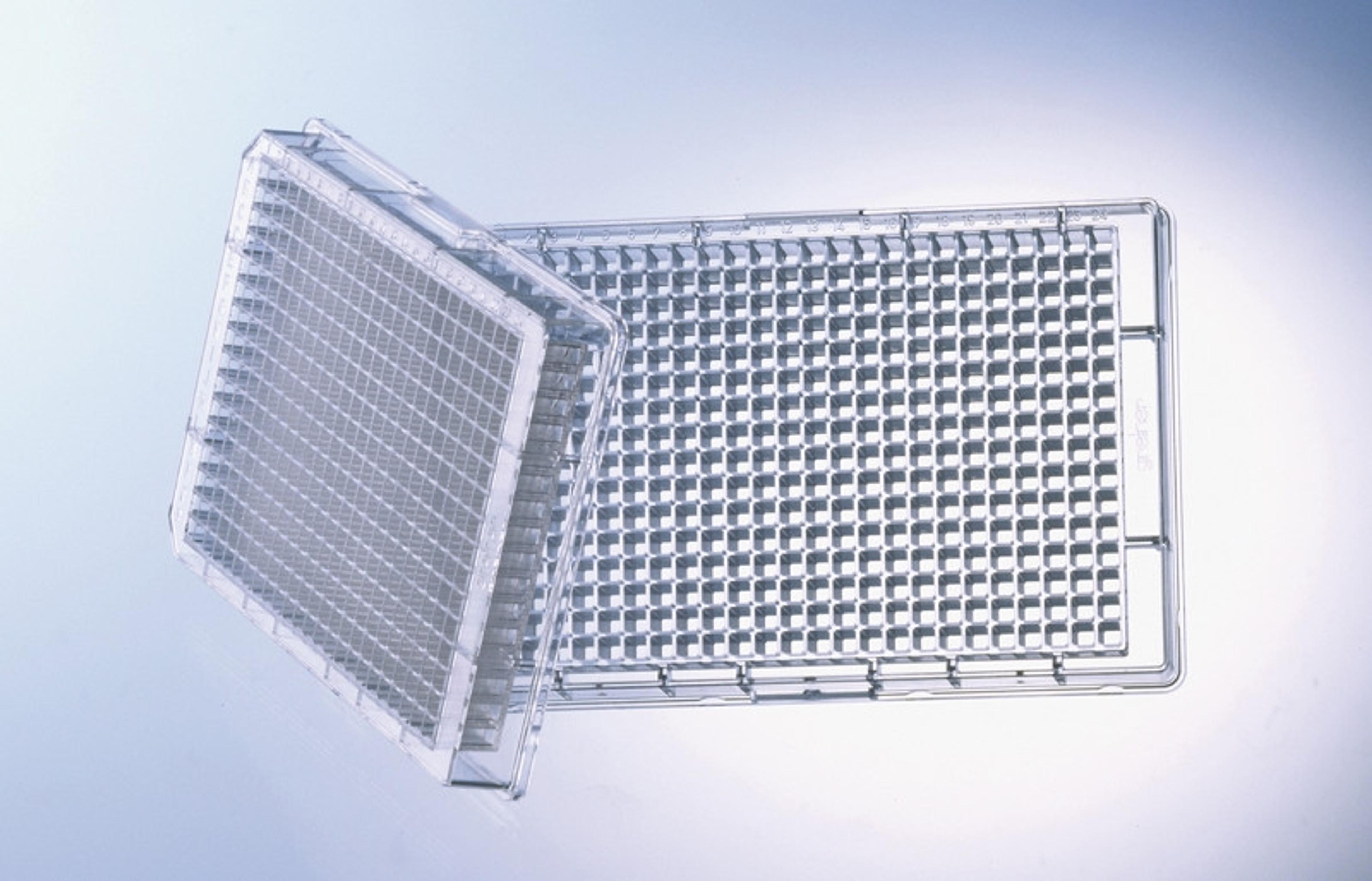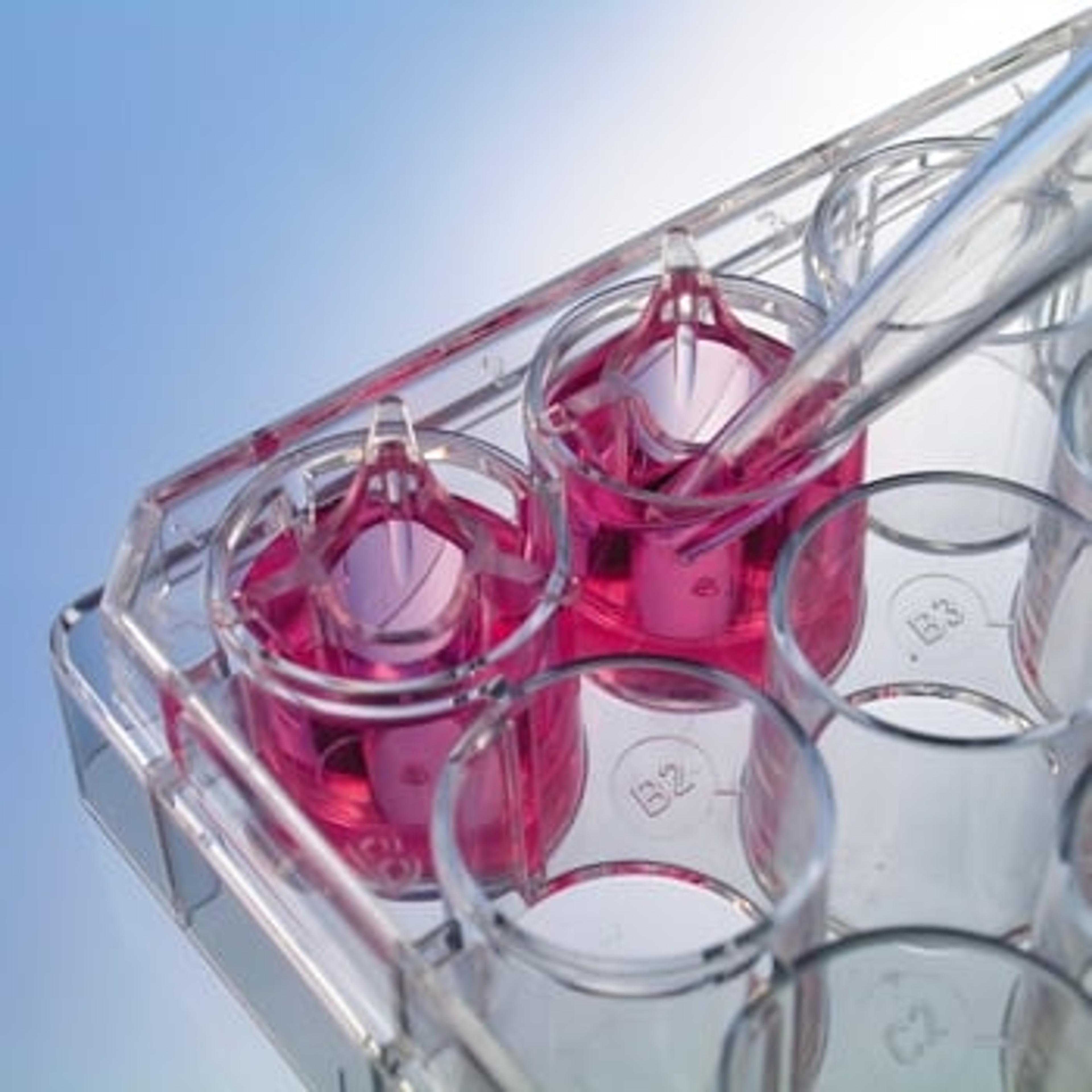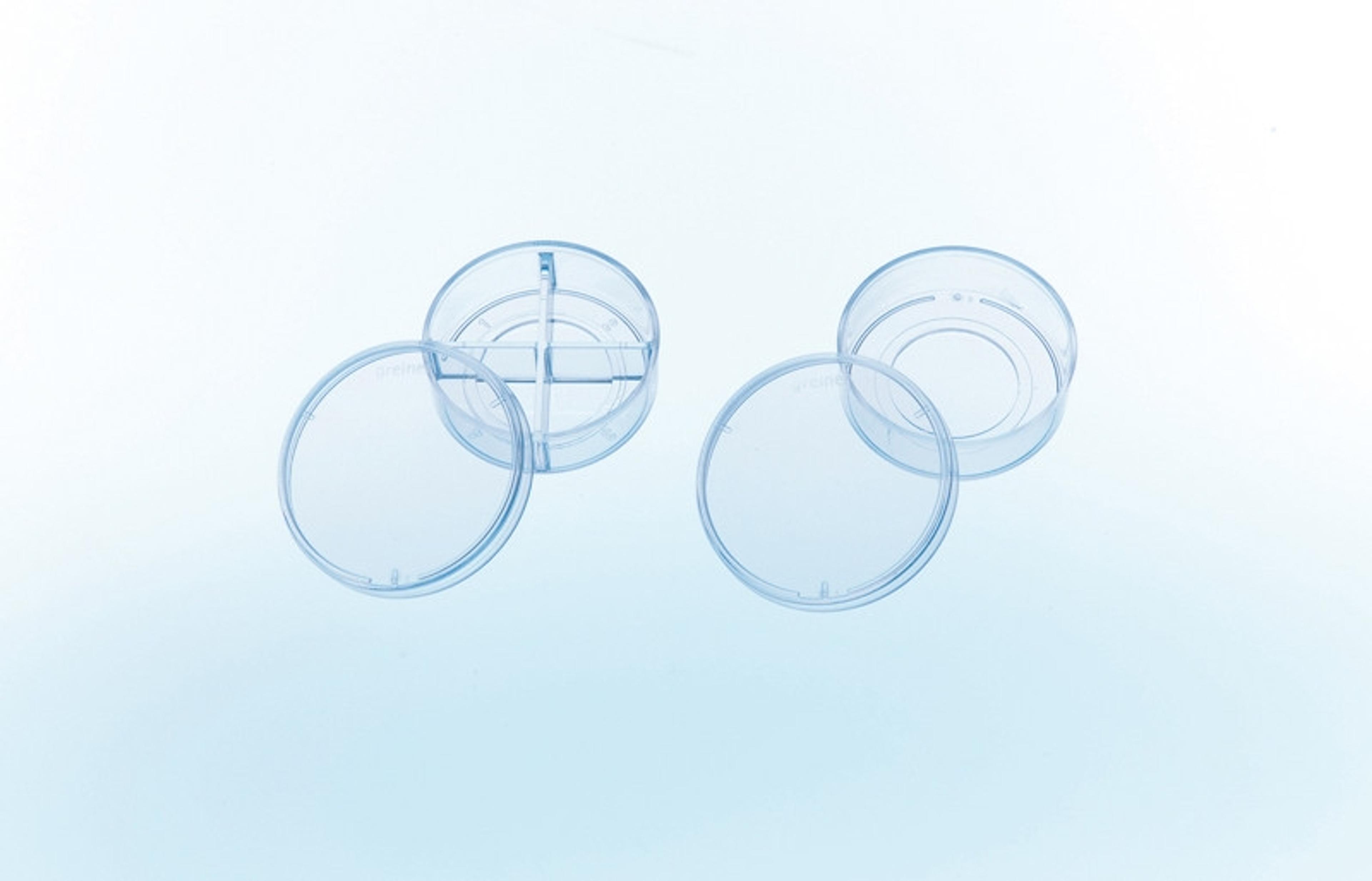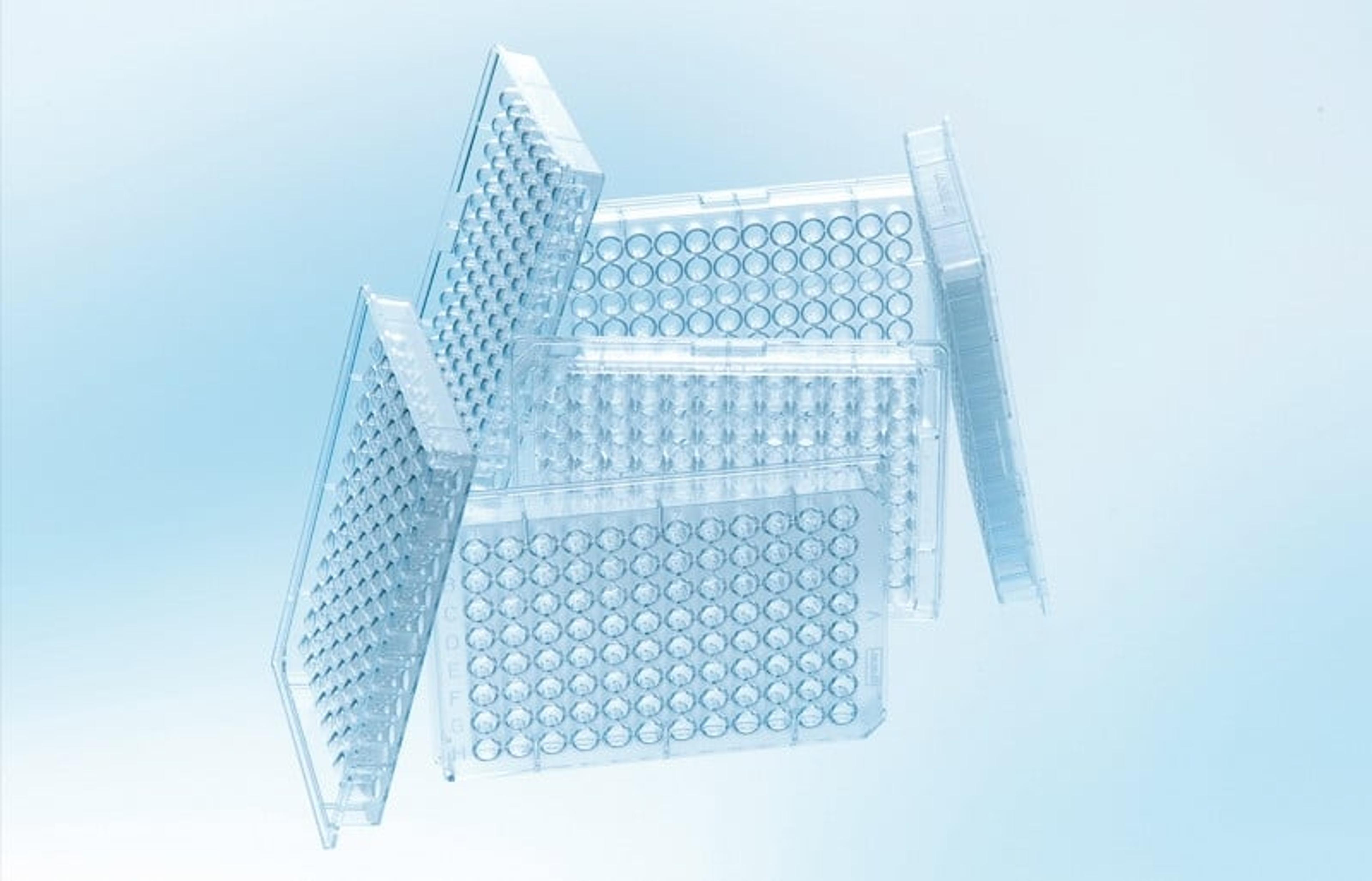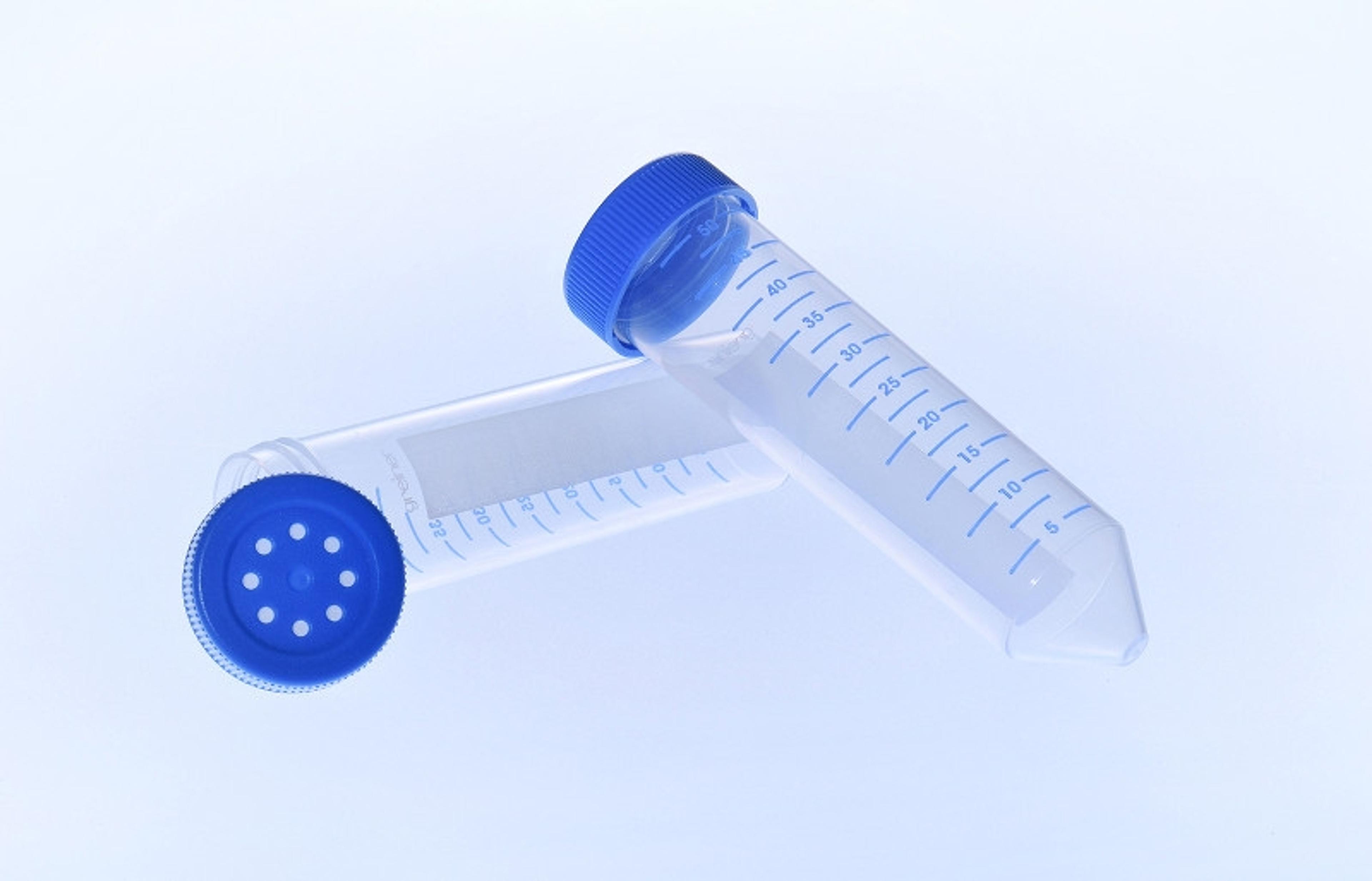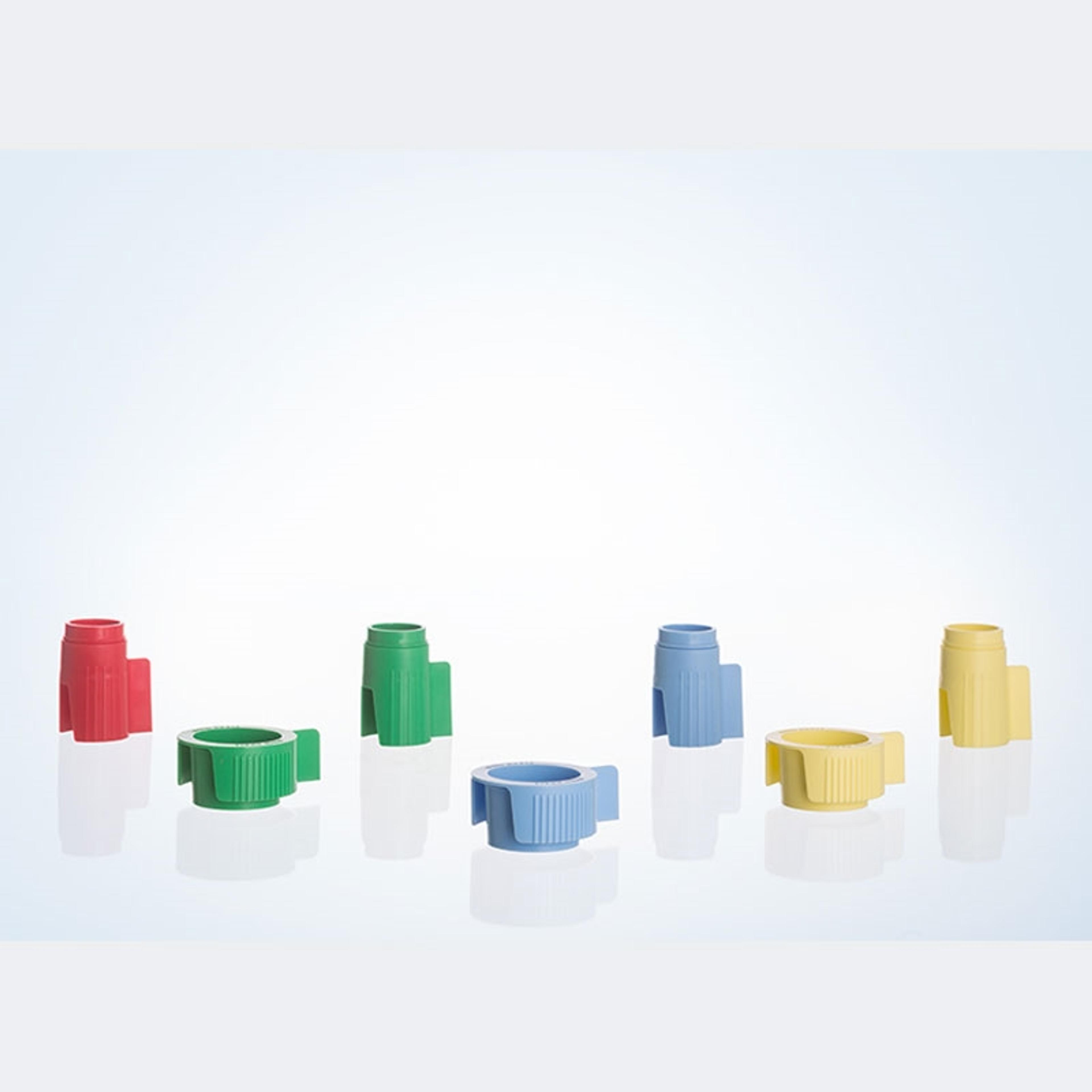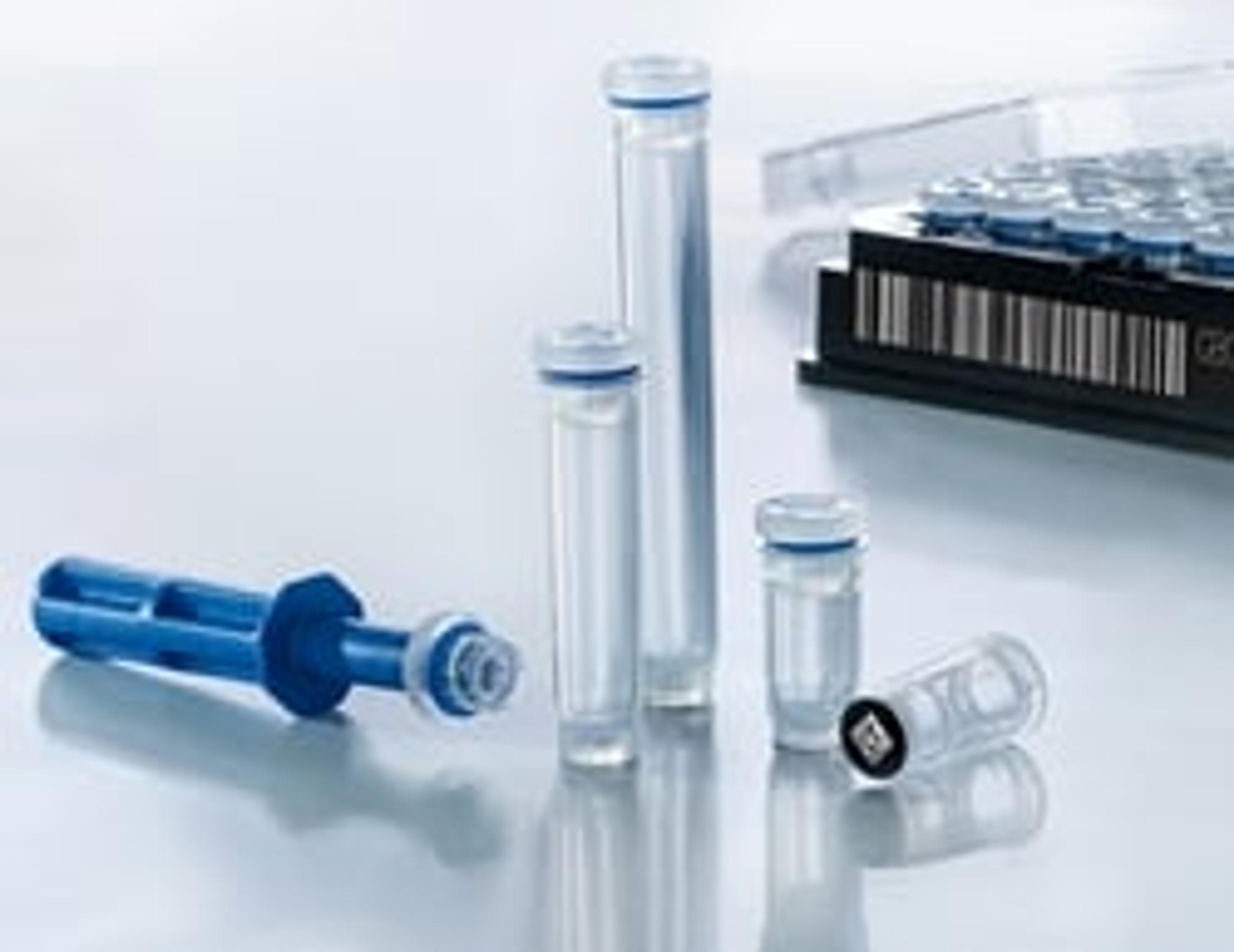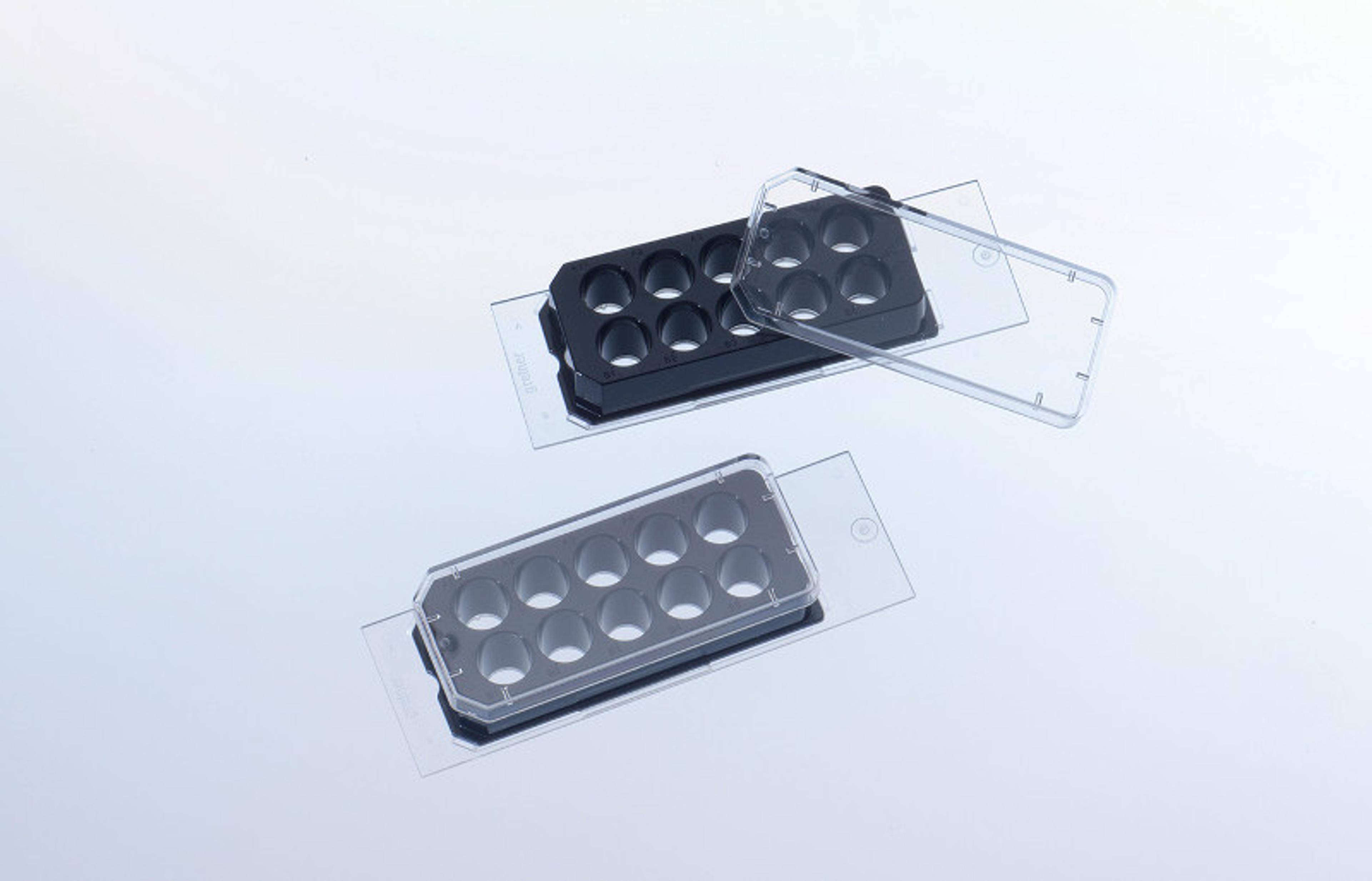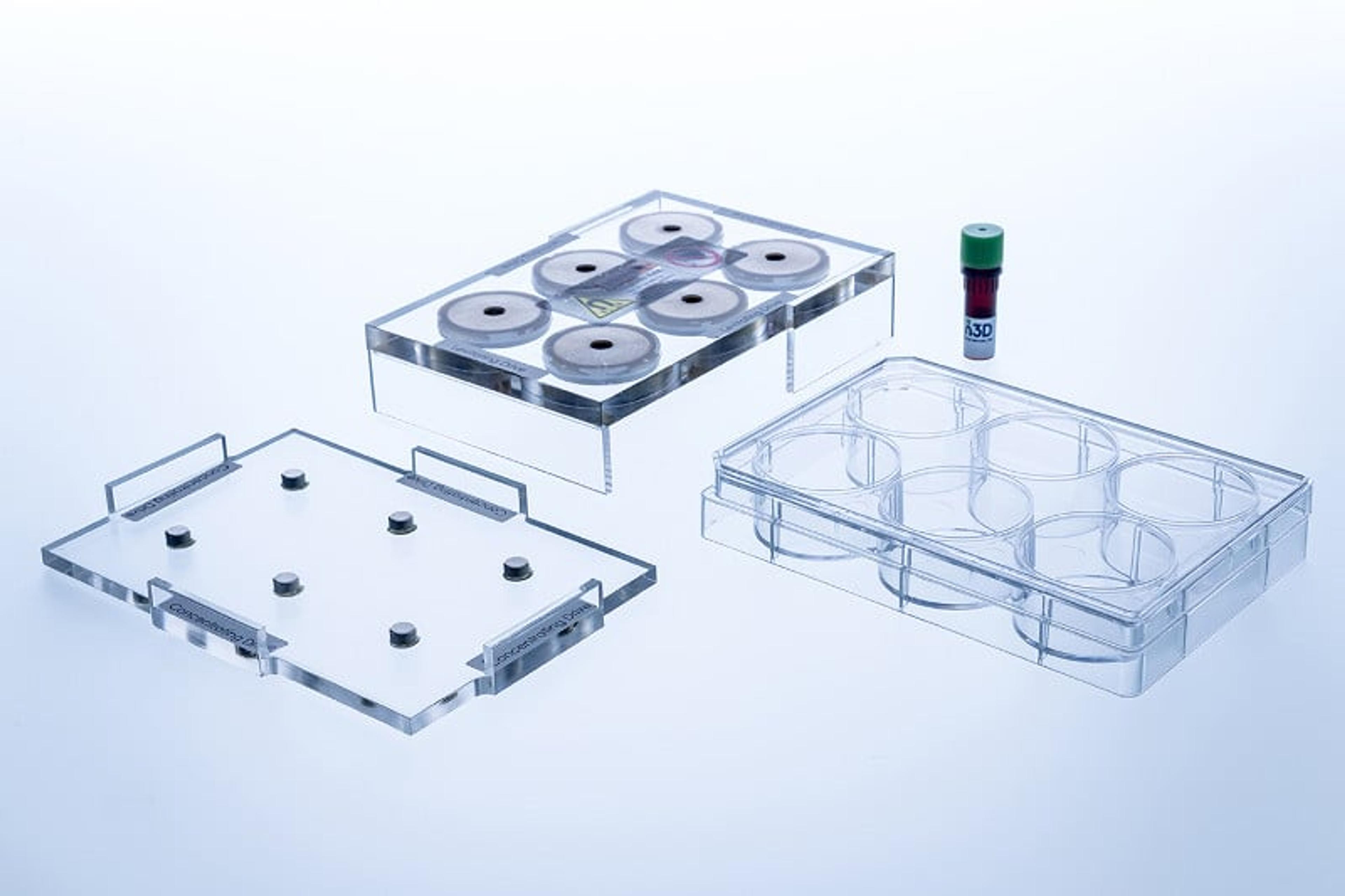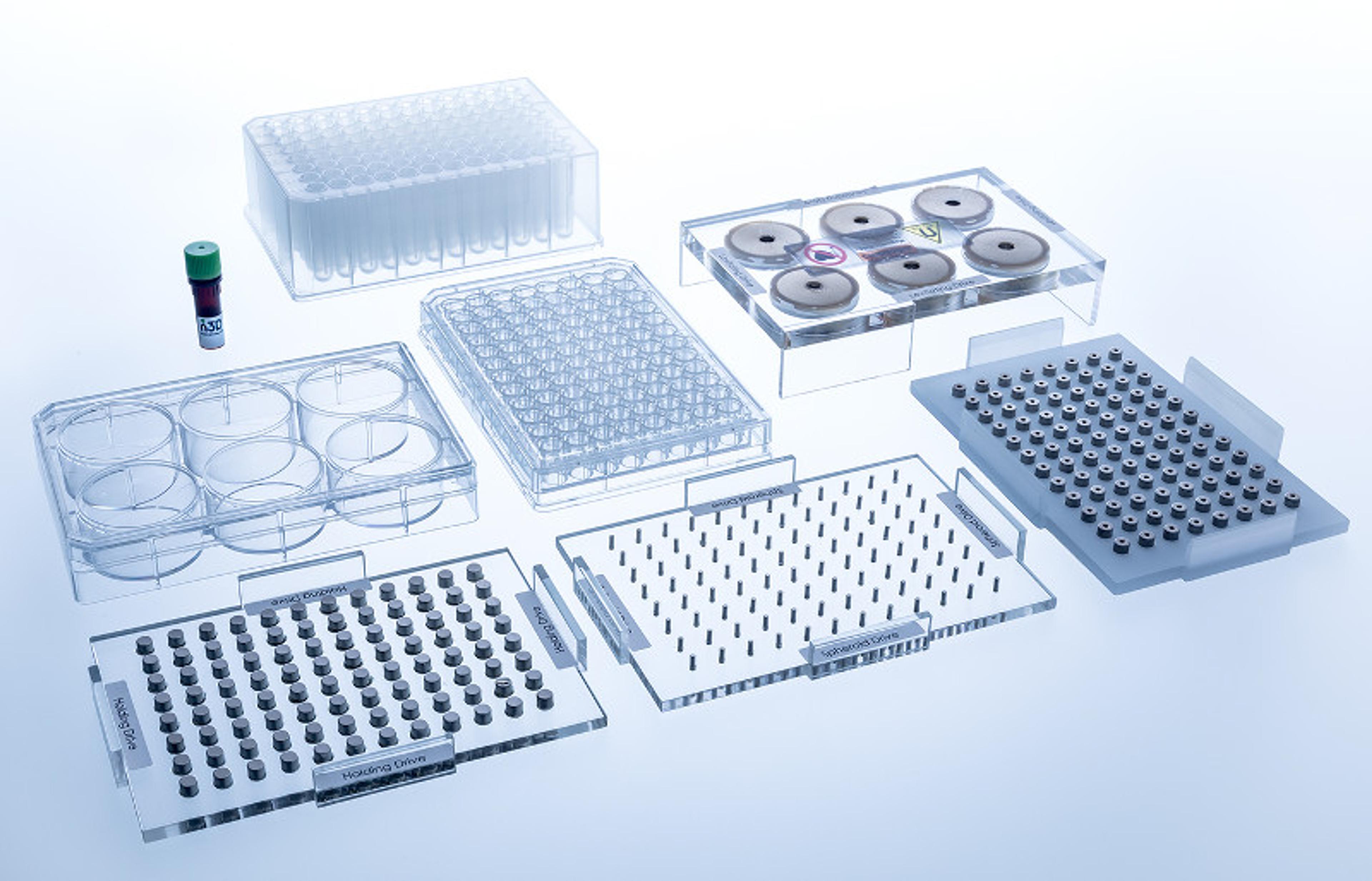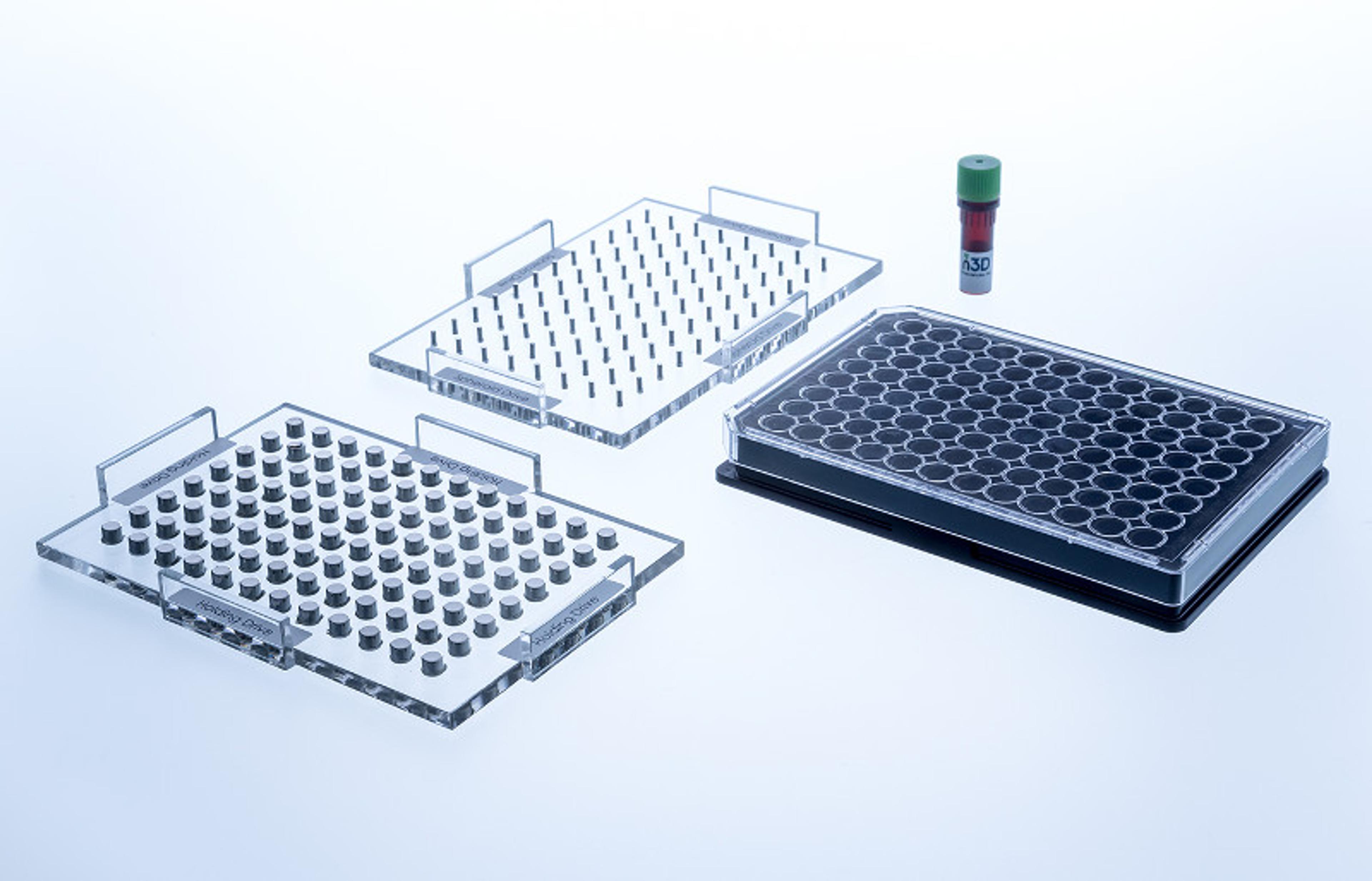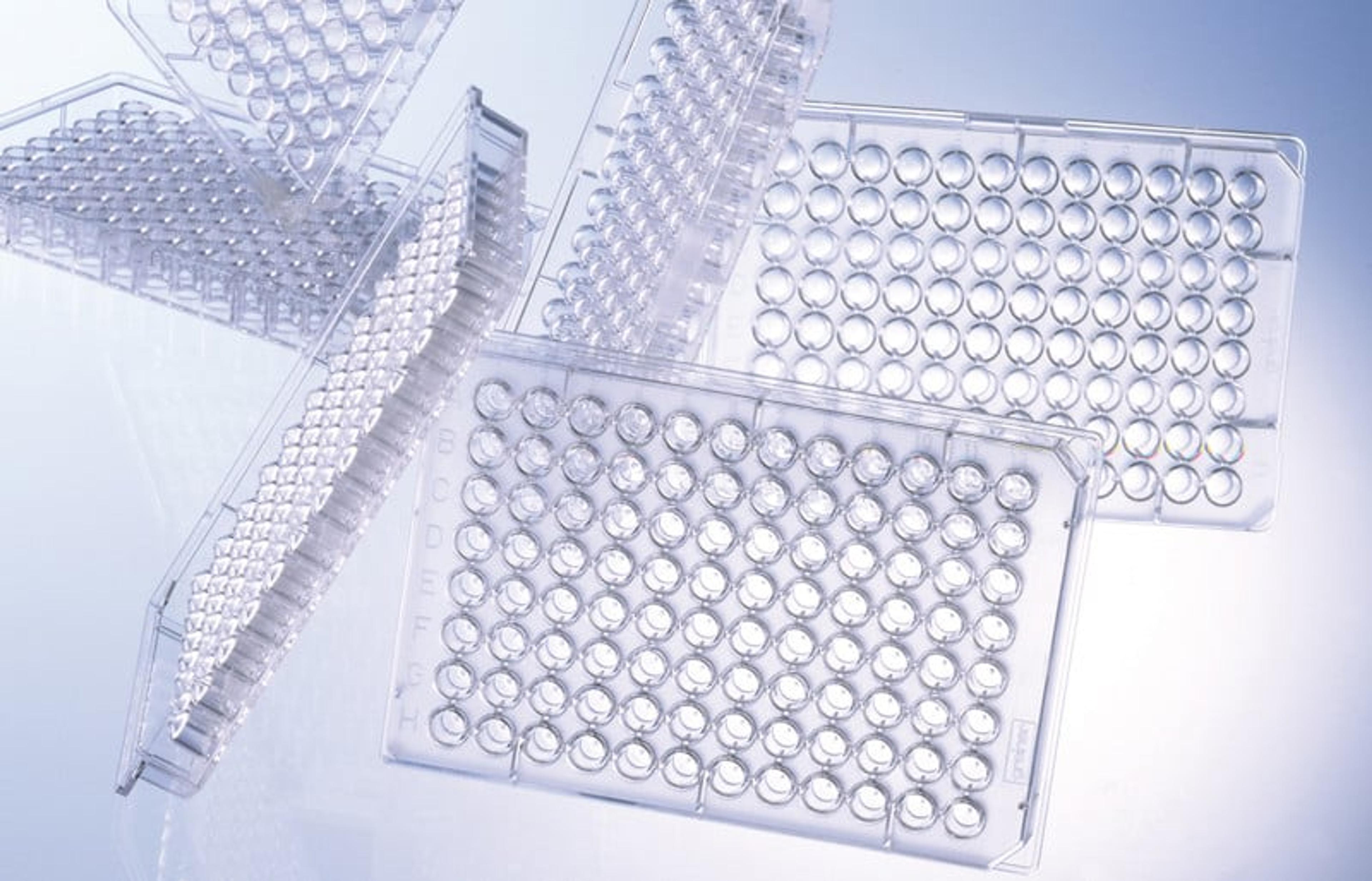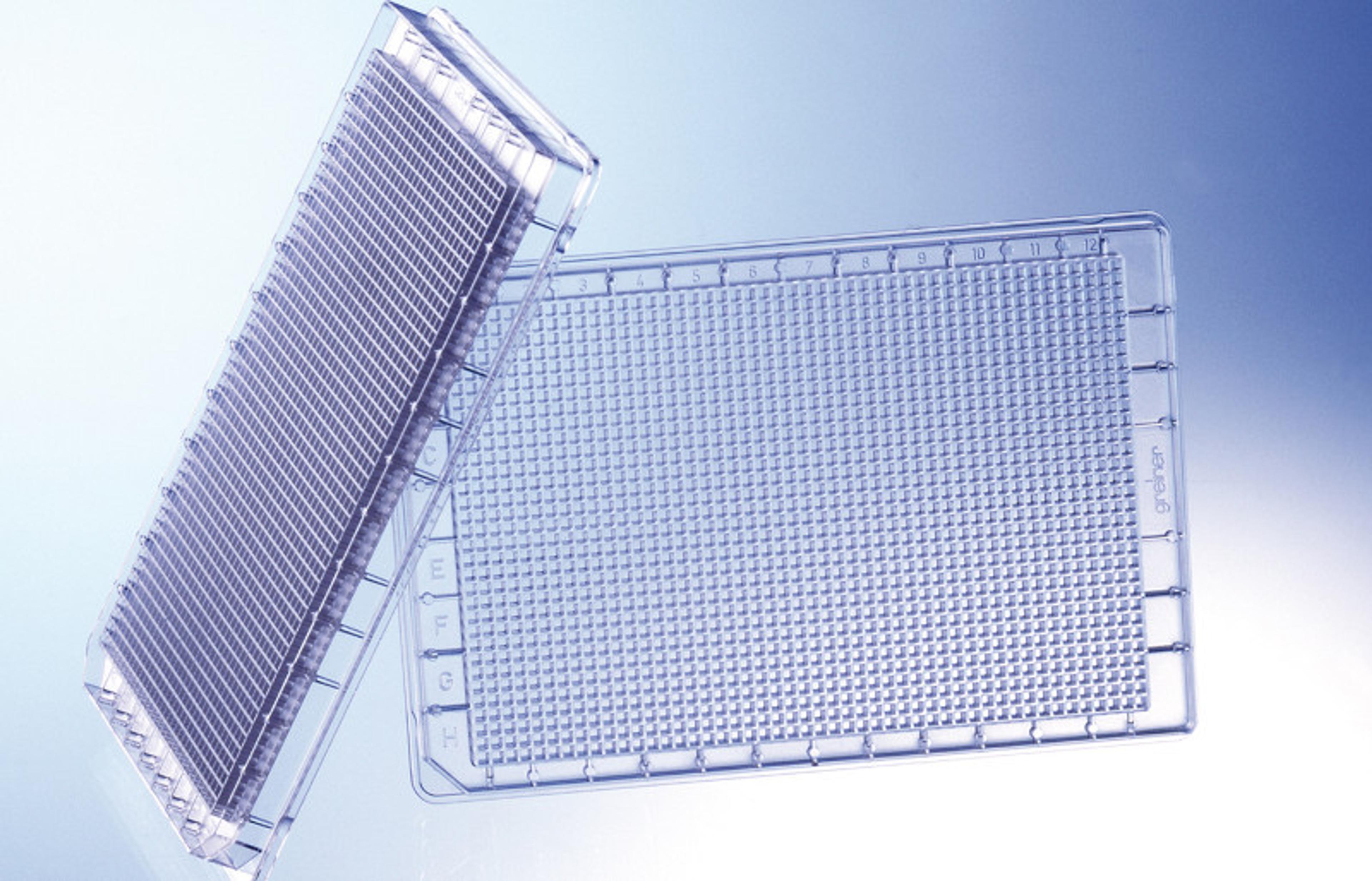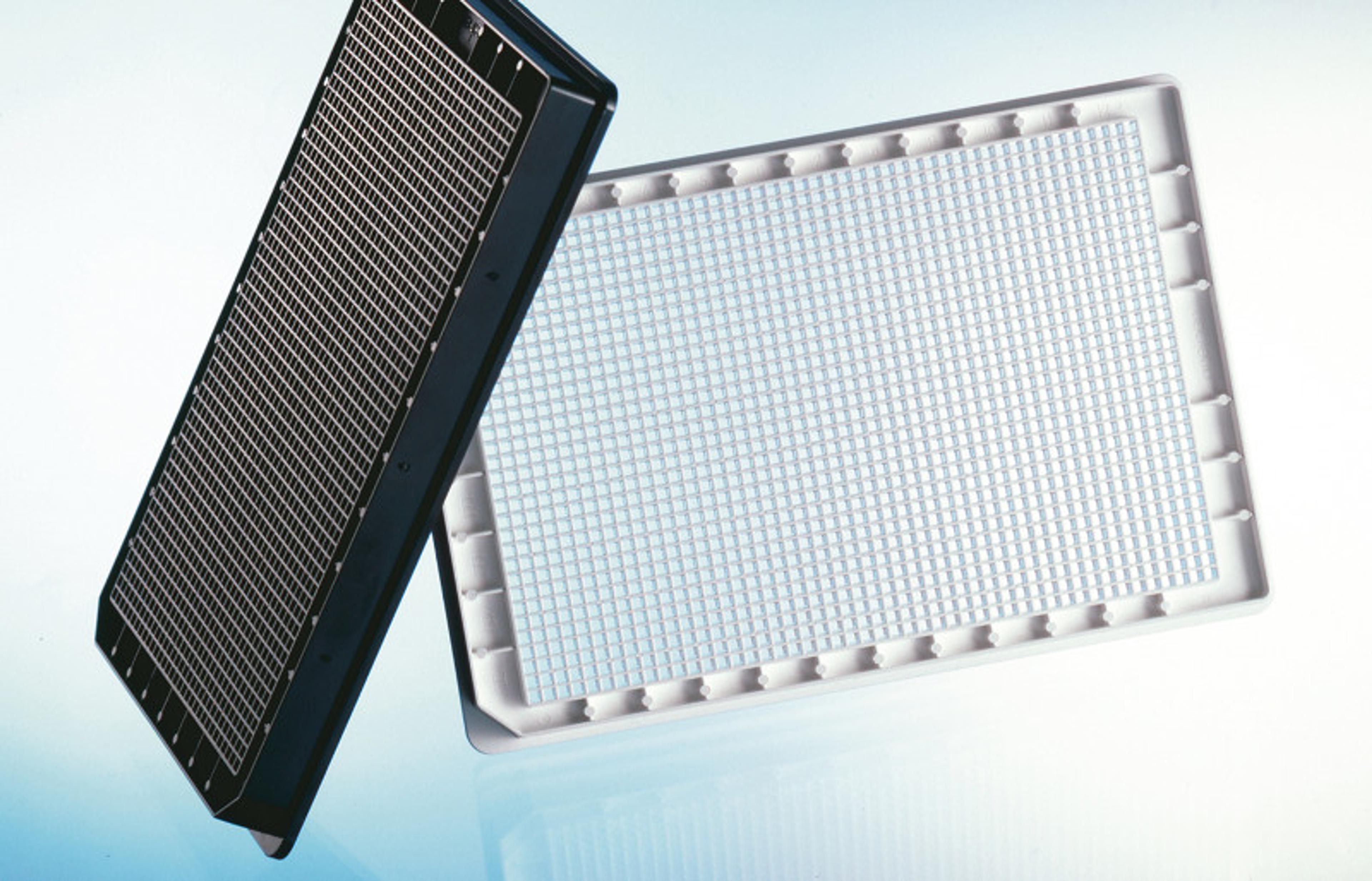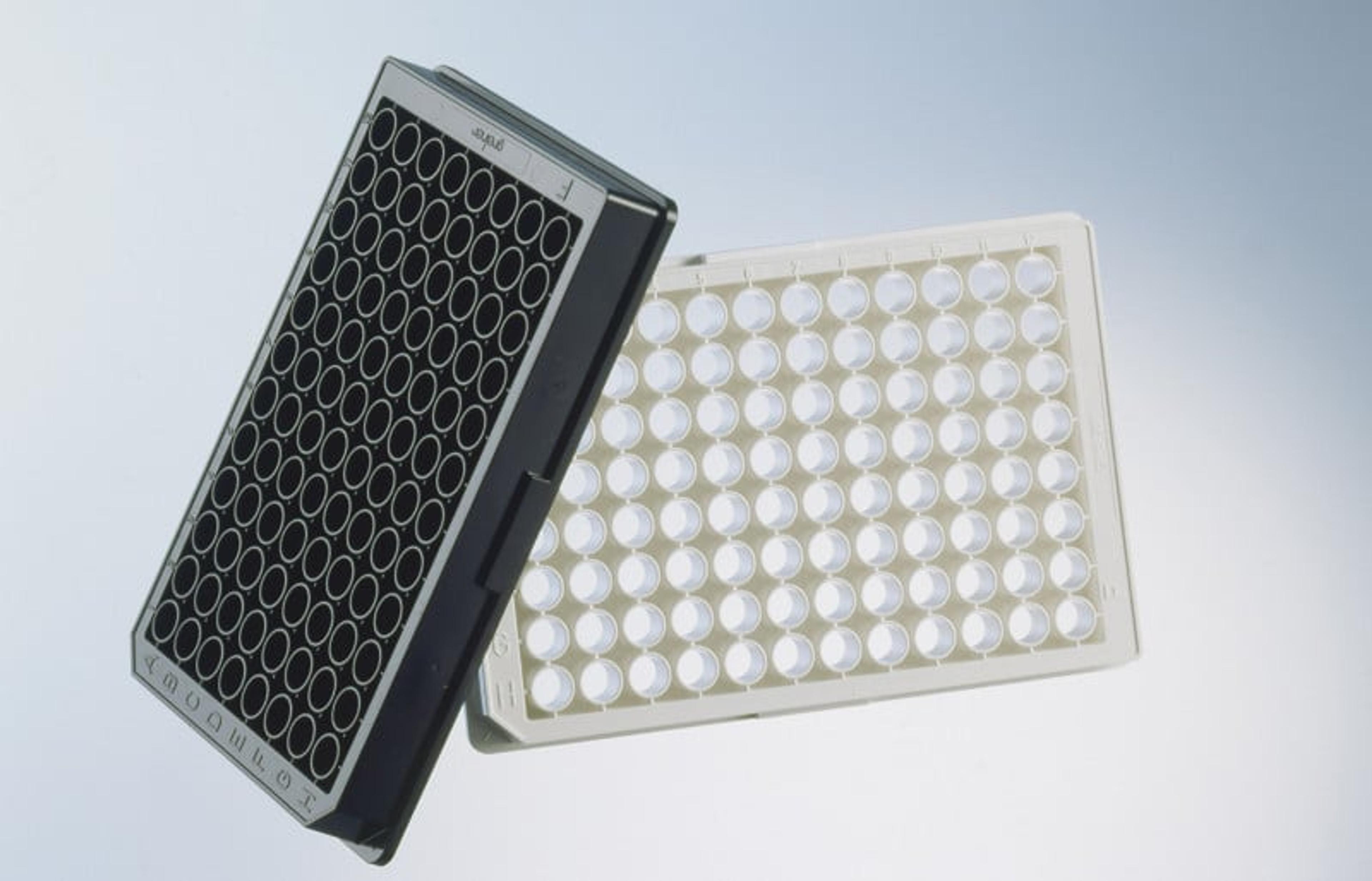Advanced TC Cell Culture Vessels
Vessels with a novel polymer modification enhancing the adhesion and improving the cultivation of fastidious cells
Perfect design.
Cell culture
Perfectly designed to carry out cell culture experiments with very low chances of contamination.
Review Date: 23 Jul 2021 | Greiner Bio-One GmbH
For the propagation of fastidious cells like primary or sensitive cells as well as cells cultivated under restricted growth conditions (serum-free or serum-reduced) Greiner Bio-One offers the Advanced TC polymer modification.
Based on an innovative technique, the cell culture surface is modified to promote cellular features and functions. Enhanced cell attachment and higher proliferation rates improve and accelerate cell expansion. Furthermore, the Advanced TC surface facilitates consistent and homogenous cell attachment increasing the overall cell yield and reducing cell loss, for example during automated washing steps. Moreover, cells cultivated on the Advanced TC surface exhibit higher transgene activity after gene transfer/insertion. Handling is simplified because transport and storage can be carried out at room temperature. In comparison to biologically treated surfaces, Advanced TC products have a far longer shelf life of 2 years.
Applications:
- Cultivation of fastidious and sensitive cells
- Usage of serum-reduced or serum-free media
- Differentiation of semi-adherent cells
- Transfection
- Transduction
- Automation/High-throughput analysis

